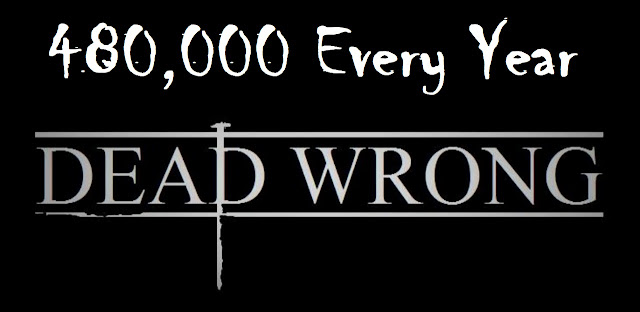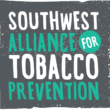
The International Drug Policy Consortium (IDPC) “is a global network that works
collectively to promote person-centred, rights-affirming drug policies at the
national, regional and international levels.”
The IDPC published a
summary of the 67th session of the United Nations Commission on
Narcotic Drugs, which ended March 22, reporting that “member states resorted to
voting on resolutions for the first time in modern history, and finally
included the words ‘harm reduction.’”
The entire summary is worth reading, but I want to point out
what it describes as a transformative moment for American representatives:
“All eyes then turned to the overdose
prevention resolution from the USA – signalling their 180-degree
transformation on harm reduction at the UN, driven by the appalling human toll
of a domestic overdose epidemic (quite a shift given that, for decades, the USA
have been the most vociferous
barrier to this term being accepted in Vienna).”
Yes, you read that correctly. Due to drug overdose deaths totaling over 100,000 every
year, per the CDC, the U.S. is finally endorsing harm reduction for opioids
and other killers.
With that turnaround, you might think that the Biden
administration would consider harm reduction for cigarettes, which have killed
480,000 users every year for decades.
Like those smokers, you would be dead wrong.




